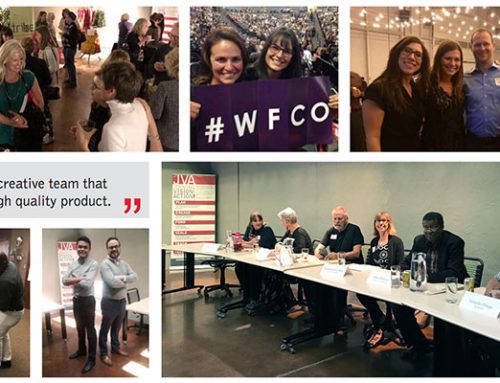By Scot Kersgaard, JVA
You should not ignore the elephant in the room. A loose elephant can cause a lot of damage. For many nonprofits, that elephant is crisis communications. Here’s hoping you never have a crisis, but if you ever have one, being prepared can make all the difference.
What constitutes a crisis varies from organization to organization, but it could include any of the following:
- Someone in the organization saying something really stupid: racist, sexist, classist, threatening, etc.
- Someone in the organization doing something really stupid: shoplifting, drug dealing, prostitution, using an imaginative resume to get a job, etc.
- Someone stealing from the organization or cooking the books in some way
- Inappropriate sexual activities (multiply crisis factor by about a billion if this involves rape, a child, an elderly person or someone otherwise at risk)
- Someone killed, abducted, etc.
- A fire
- An auto accident, especially one involving children or a van full of people
- Malpractice or negligence resulting in injury or death
There is not a single organization on the planet that is not potentially vulnerable to at least some of these scenarios. You will probably never face such a crisis, but if you do, having a plan in place can make the difference between surviving as an organization and going out of business under the worst possible circumstances.
In the next installment, we discuss how to create a plan as well as details on how to deal with the media and other key audiences.
Protect people first
First though, in any crisis involving danger to people you need to do the right thing. Protect people first, and protect your reputation second. Everything you do at the beginning of a crisis needs to be focused on making sure people are safe.
The first thing to do is deal with the itself and work to alleviate it.
Then, you need to view the situation through the eyes of your key audiences and approach the problem with humility. You need to tell the truth as soon as you know the truth.
Do not hide. Do not expect the situation to blow over on its own. Do not deny or defend unless truly innocent. Remember Watergate, where the cover-up was so much more damaging than the thing itself.
Read our other media relations blogs at the links below:
Press Releases That Get Results
Your Opinion is Your Shortcut to Getting Published
Community News Sites Let You Write Your Own Story






Leave A Comment